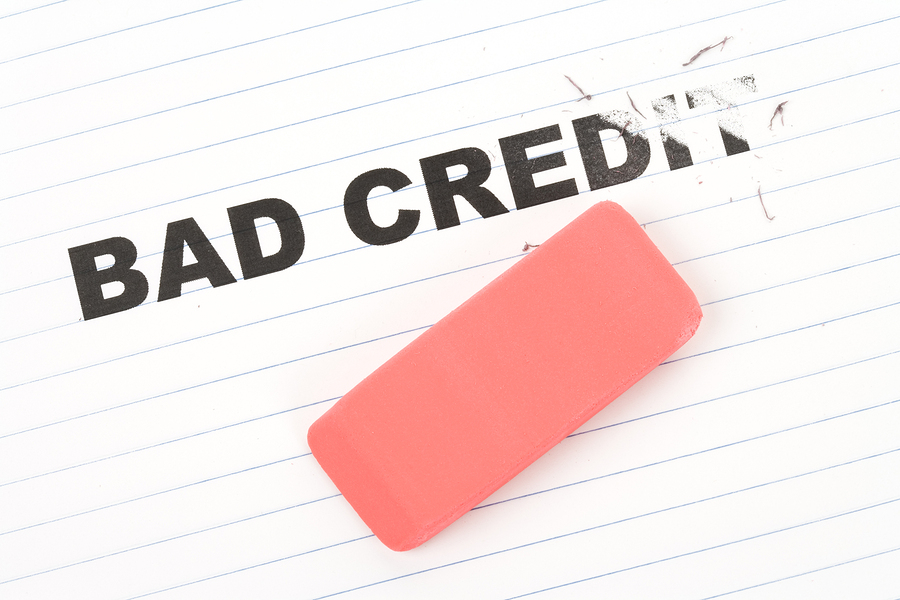Worried about your credit and want to improve it? Our Christian debt relief programs give us insight into helping people not just with their debt, but their credit as well. There are two things to know: You are not alone, and there are some simple ways to boost your credit score.
According to Experian’s annual consumer credit review, nearly one-third of Americans may have difficulty obtaining loans and credit cards because of challenges with their credit.
The better your credit, the lower your interest rate on car loans and credit cards. Good credit scores will also make homeownership much easier. There are few tools more valuable in your financial tool belt than a good credit score.
Below are five (better yet, let’s make it SIX!) simple ways to boost your credit score.
Simple Way to Boost Your Credit Score #1: Get rid of credit card debt
Paying off loans, such as your mortgage, car loan, or student loans, can improve your scores, but it won’t improve your scores as much as consistently lowering balances on revolving accounts such as credit cards. Your debt to credit limit ratio plays a significant role in determining your credit score.
Paying your balances down doesn’t just help your credit score either, it takes major financial pressure off! Understanding how our Christian Debt Relief programs impact your credit is important to ensure long term success.
Simple Way to Boost Your Credit Score #2: Cut back on credit card use
Making big charges can damage your scores whether you pay off your balances each month or not. As a rule of thumb, keep your monthly charges to 30% or less of your credit card’s limit.
Simple Way to Boost Your Credit Score #3: Be sure your credit limits are reported accurately
If your lender is showing a credit limit that is lower than your actual amount your credit score can be penalized. Most credit card issuers will quickly update this information if you make them aware of the error.
This proven and simple way to boost your credit score requires very little legwork and can make a big impact, fast.
Simple Way to Boost Your Credit Score #4: Keep Using Older Cards
Quite simply, the older your credit history, the better. Continue to periodically use the credit cards that you’ve had the longest and your credit score will benefit. Don’t make unnecessary purchases or go deep into debt for this. Even an occasional fill-up at the gas station will do the trick.
Simple Way to Boost Your Credit Score #5: Study Your Credit Report for Errors
When it comes to raising your credit scores, some errors are more important to fix than others.
Here’s what you should look out for. Get these items corrected if you discover mistakes have been made:
- Late payments
- Credit limits reported as lower than they actually are, as mentioned above
- Accounts listed as anything other than “current” or “paid as agreed” (such as “paid derogatory” and “paid charge-off”) if you paid in full and on time.
- Accounts included in bankruptcy still listed as unpaid.
- Negative items older than seven years should have automatically been removed from your credit report.
Follow these five simple ways to boost your credit score and you should see your score steadily improve.
Because Everyone Loves a Bonus…
Don’t ask a creditor to lower your credit limits!
While your heart might be in the right place – i.e. reducing your limit will keep you from charging so much, the truth is lowering your credit limit will reduce the all-important gap between your balances and your available credit, which in turn will hurt your credit score.
It’s better to leave your limits where they are and try to limit your spending another way.
Interested in reducing or eliminating your credit card debt quickly and easily? Our proven Christian debt relief programs will provide a customized debt relief solution so you can achieve true financial freedom.





